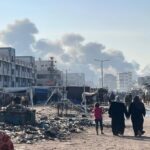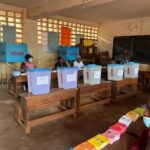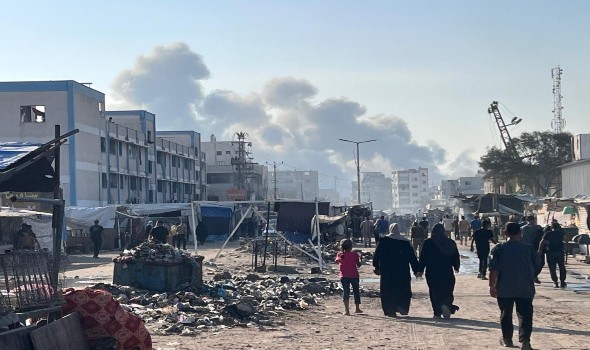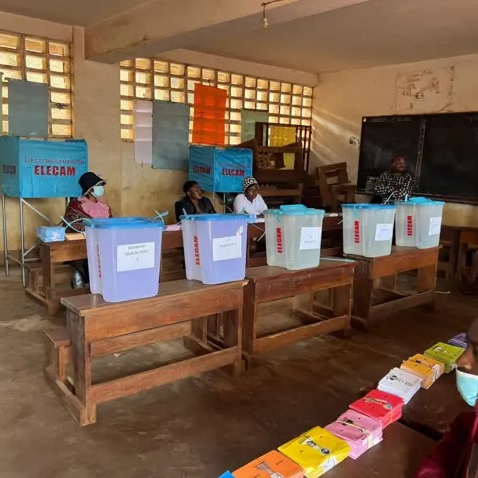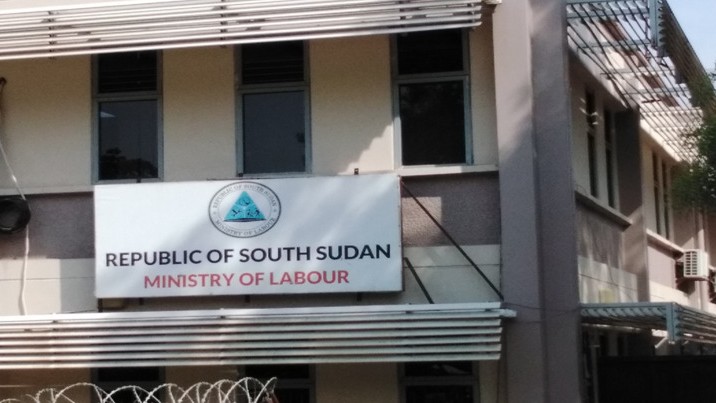
JUBA – The Undersecretary at the National Ministry of Labour, Deng Kenjok, has stated that the full implementation of the 2017 Labour Act and the 2009 Child Act will play a crucial role in reducing the worst forms of child labour across South Sudan.
“It is a clear sign that while progress has been made, much remains to be done. We must strengthen our domestic policies, ensuring that the Labour Act and Child Act are effectively enforced and aligned with international conventions,” said Kenjok on Friday during the launch of the report on child labour in Juba.
Kenjok revealed that the launch of the child labour report represents a renewed determination to protect children from labour exploitation, adding that the report reflects the need to build lives for children whose hopes are hindered by poverty, displacement, and lack of access to education.
“The findings revealed that child labour remains widespread, affecting both boys and girls, from domestic work, street vending, cattle herding, and construction. The wellbeing of our children is the wellbeing of our nation,” he said.
Christopher Nyamandi, the country representative for Save the Children, stated that the 98 percent statistic presented is shocking, adding that the labour study report is a call to invest in children.
He said that the launch of this report is not just a launch; it is a wake-up call and a reminder that behind statistics, there are little children with potential, with the right to a safe environment, and with the right to learn.
“We believe that every child has a right to childhood, to play, to dream, and to go to school. Ending child labour requires all of us—government, communities, families, and partners—working hand in hand,” he said.
Nyamandi revealed that there is a need to strengthen laws that protect children and ensure that these laws are enforced everywhere, adding that children need to be provided with quality education.
“We have to increase children’s chances in education, which means expanding access to quality education, especially in areas where children are most affected, and building livelihoods so that children are not forced to work to survive,” he said.
Lokiri Moses, Research Director at Otherwise Research, revealed that the research on child labour conducted in counties including Kapoeta South and Yambio involved 418 households across the country.
“The data collection covers 418 households. We spoke to caregivers and children within those households. Of those households, 98 per cent said children did some kind of work, 89 per cent fall under child labour, and 64 per cent are in the worst forms of child labour,” Moses said.
Moses recommended that the government should ratify the Palermo Protocol, and there should be alignment in terms of minimum age and the limit for compulsory education for children. He also recommended creating awareness and empowering stakeholders to deliver services.



